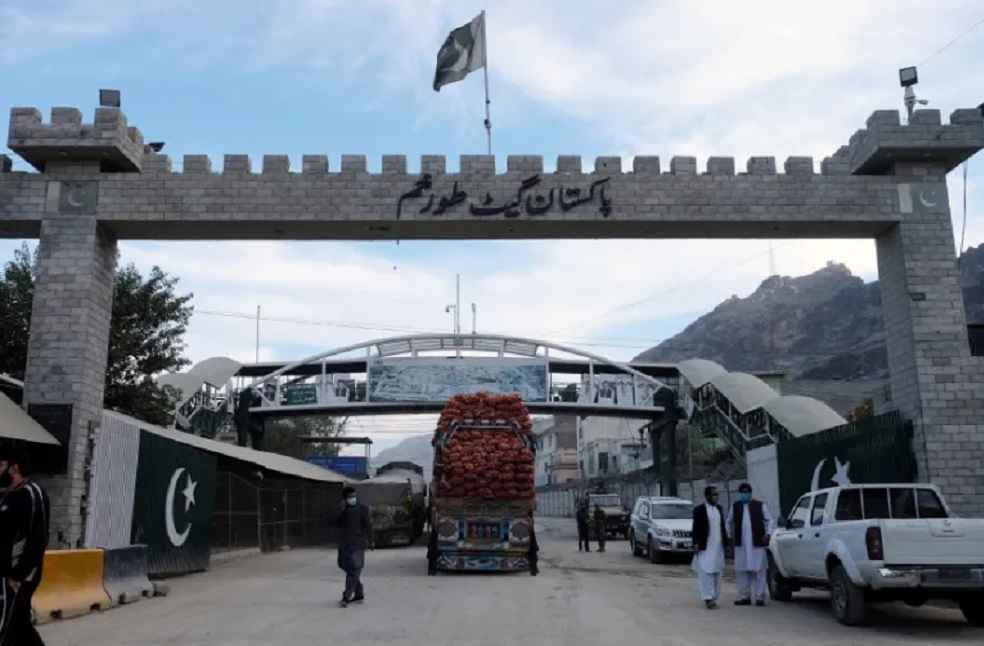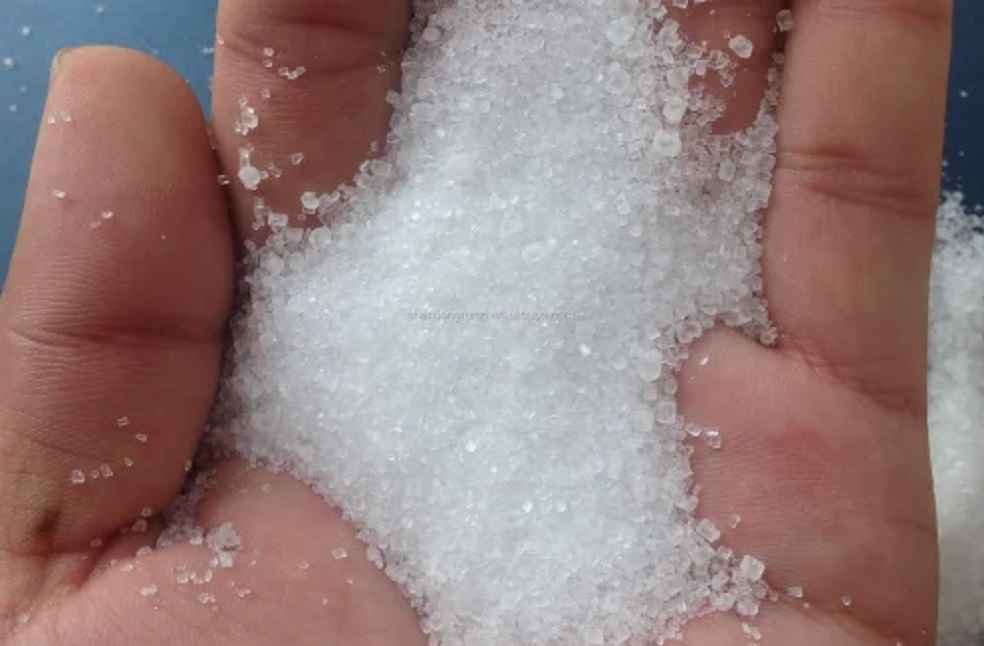India is actively considering a complete trade ban on Pakistan following the recent terror attacks in Pahalgam, in a move that could mark a major escalation in bilateral tensions. The proposed trade freeze is seen as part of a broader strategy to exert economic pressure on Islamabad.
According to sources involved in the process, the decision, if implemented, would significantly impact Pakistan’s economy, which relies on Indian imports of key goods, including pharmaceuticals, fruits, vegetables, organic chemicals, and sugar. India is also evaluating the use of third-country mechanisms and diplomatic channels to further restrict trade flows and intensify the economic impact on Pakistan.
Ajay Sahai, Director General of the Federation of Indian Export Organizations (FIEO), noted that while India’s trade with Pakistan is relatively small—less than $500 million from April to January FY25—it includes essential items that are critical to Pakistan’s domestic needs.

“We have minuscule trade with Pakistan, and this will now come to a complete standstill, further hitting their economy,” Sahai said. “The idea is to make them realise that sponsoring terrorism is against the interests of peace and regional stability.”
Despite previous restrictions, trade of essential items such as medicines, sugar, and agricultural produce has continued through alternative routes. India is now looking to close even these gaps.
Data from UNCTAD and UN COMTRADE, cited by Moneycontrol, show that Indian exports to Pakistan rose 127% in 2024 to $1.21 billion from $530.91 million in 2023—a more than 300% increase from 2020. The last time exports crossed that level was in 2018, when they peaked at $2.35 billion.
Pakistan’s Response
Reacting to India’s moves, Pakistan suspended all bilateral agreements and trade activities on Thursday and closed its airspace to Indian aircraft. This follows India’s decision to suspend the Indus Water Treaty and downgrade diplomatic ties in the aftermath of the Pahalgam attack.

Pakistan imports Indian goods such as salt, sulphur, cement, and apparel, often routed through the UAE. India could leverage its strong trade ties with the UAE to disrupt these backdoor supply lines, said one official.
After the 2019 Pulwama terror attack, India revoked Pakistan’s most favored nation (MFN) status and imposed a 200% duty on its imports, resulting in a sharp drop in Pakistani exports to India, from $547.47 million in 2019 to just $0.48 million in 2024.
Though Pakistan had formally suspended trade following India’s abrogation of Article 370 in 2019, it had quietly resumed imports of essential items to manage inflation.
Pharma Trade and Humanitarian Dimensions
Pharmaceutical trade between the two nations has been one of the few surviving channels. India exported about $208 million worth of pharmaceutical goods to Pakistan in FY25 (as of March), including APIs, formulations, biologicals, and vaccines. Despite the rising tensions, experts believe this trade may remain unaffected due to its humanitarian importance.

“Even in the worst-case scenarios, essential goods like medicines are rarely subjected to embargo,” said a senior official from the Pharmaceutical Export Promotion Council. Pakistan’s pharma sector remains heavily reliant on Indian imports.
Medical Patients Caught in Crossfire
Meanwhile, Pakistani nationals receiving medical treatment in India have been left in a precarious situation. Following the government’s order, all Pakistani nationals under SVES visas have been instructed to exit the country within 48 hours.
India is a major hub for medical tourism, attracting thousands of patients each year for affordable, high-quality care. However, experts fear the latest developments may restrict access for critically ill patients from Pakistan.
POLICY & LAW | Cambodia Urges Durian Exporters to Register for Exports



